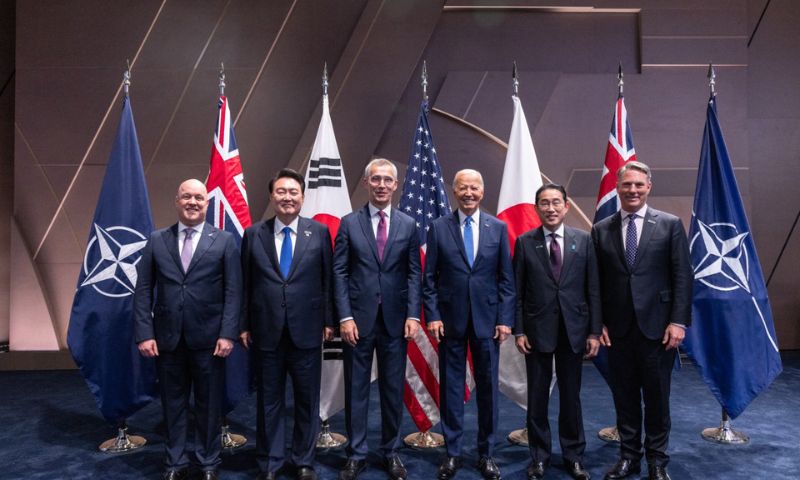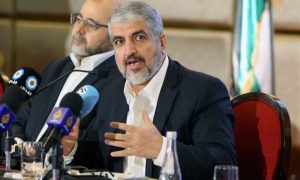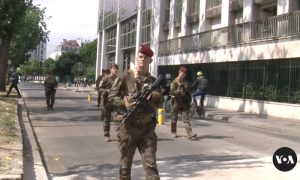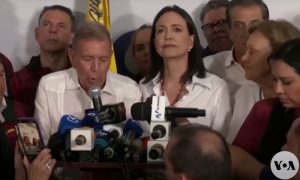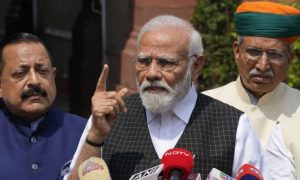WASHINGTON: NATO countries have agreed to launch a new program to provide reliable military assistance and training to Ukraine and help it get ready to join the alliance.
NATO has launched a new program, the NATO Security Assistance and Training for Ukraine (NSATU), aimed at bolstering military aid and readiness for Ukraine.
The decision comes amid ongoing conflict in Ukraine, exacerbated by recent delays in international aid due to political gridlock, which allowed Russian forces to gain ground and left Ukrainian forces undersupplied and under-equipped.
The NSATU, endorsed by NATO heads of state on Wednesday, will operate from the US Army Garrison Wiesbaden in Germany, led by a US three-star general. The program is set to involve approximately 700 staff members, including logistics nodes in eastern allied nations.
NATO Secretary-General Jens Stoltenberg emphasized that NSATU would solidify support for Ukraine over the long term without entangling NATO in direct military engagement. He pledged a commitment of at least €40 billion ($43.3 billion) in the coming year, aimed at providing sustainable security assistance to Ukraine.
Key components of NSATU include coordinating training programs for Ukrainian military personnel in NATO member countries, overseeing the donation and management of necessary equipment, and ensuring that Ukraine’s military capabilities align with NATO standards.
Stoltenberg underscored that the program would facilitate Ukraine’s progress toward NATO membership, contingent upon meeting political, economic, and security criteria. This includes ensuring Ukrainian military forces are trained to NATO standards and their equipment interoperable with that of NATO allies.
The initiative builds upon the existing Ukraine Defense Contact Group, which has facilitated significant international support over the past two years. However, NSATU aims to enhance coordination and stability, mitigating the vulnerabilities exposed by previous funding delays and political fluctuations.
Despite efforts to institutionalize support through NATO, concerns remain about the program’s resilience to potential shifts in US policy, particularly with a view towards the upcoming US presidential election. Some officials fear that a return of former President Donald Trump could jeopardize consistent support for NATO and Ukraine, as witnessed in recent funding disputes in Congress.









